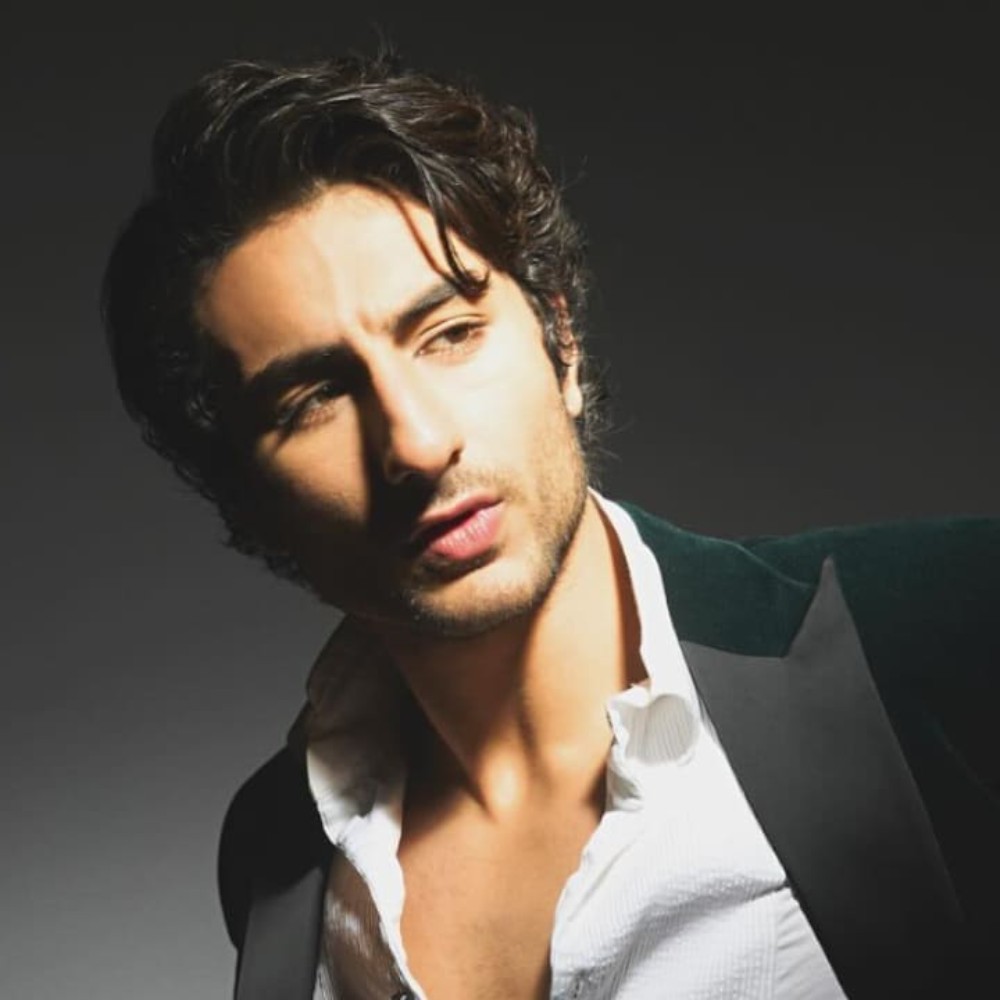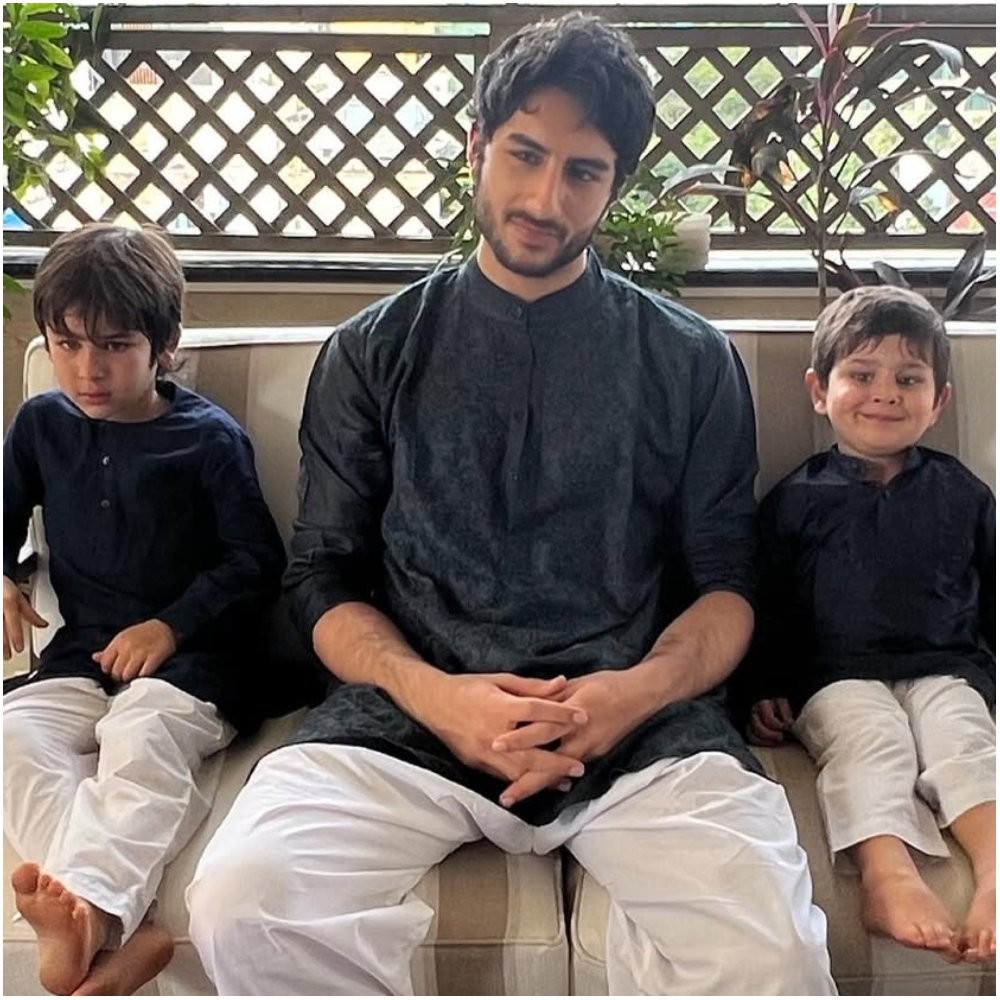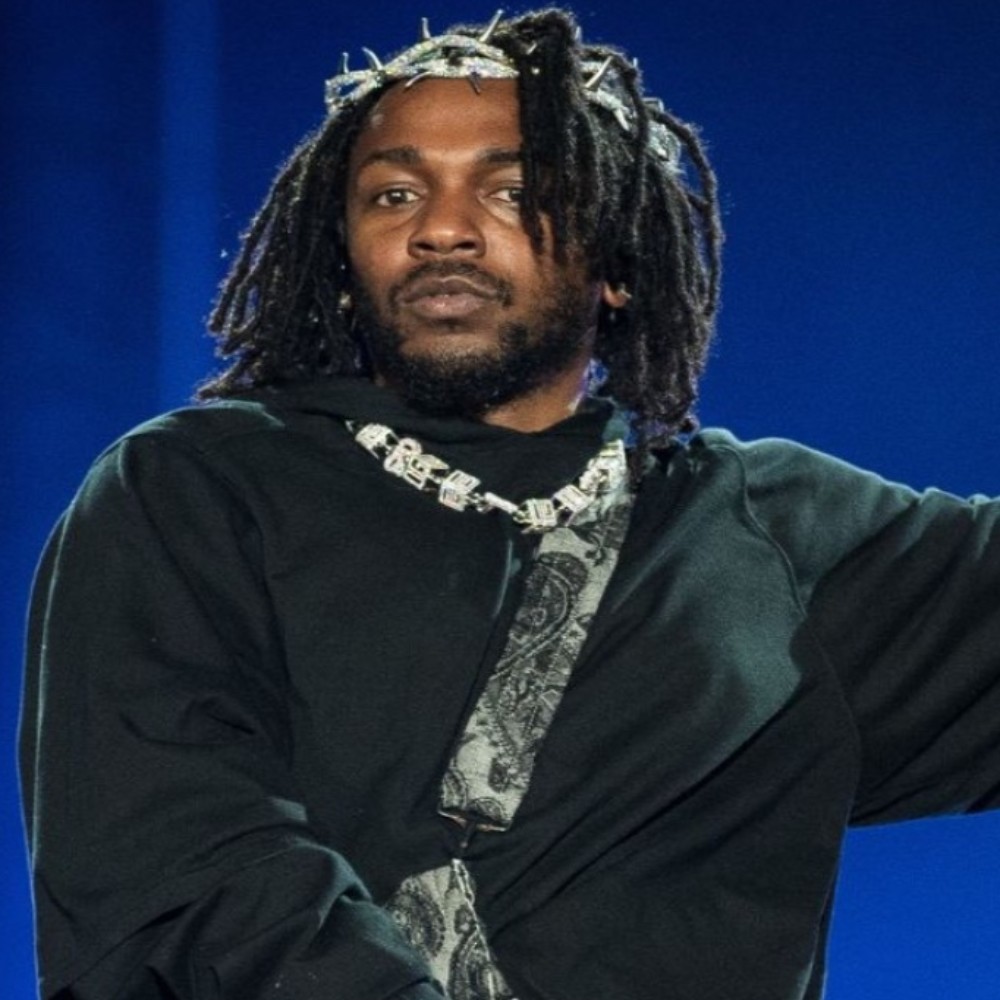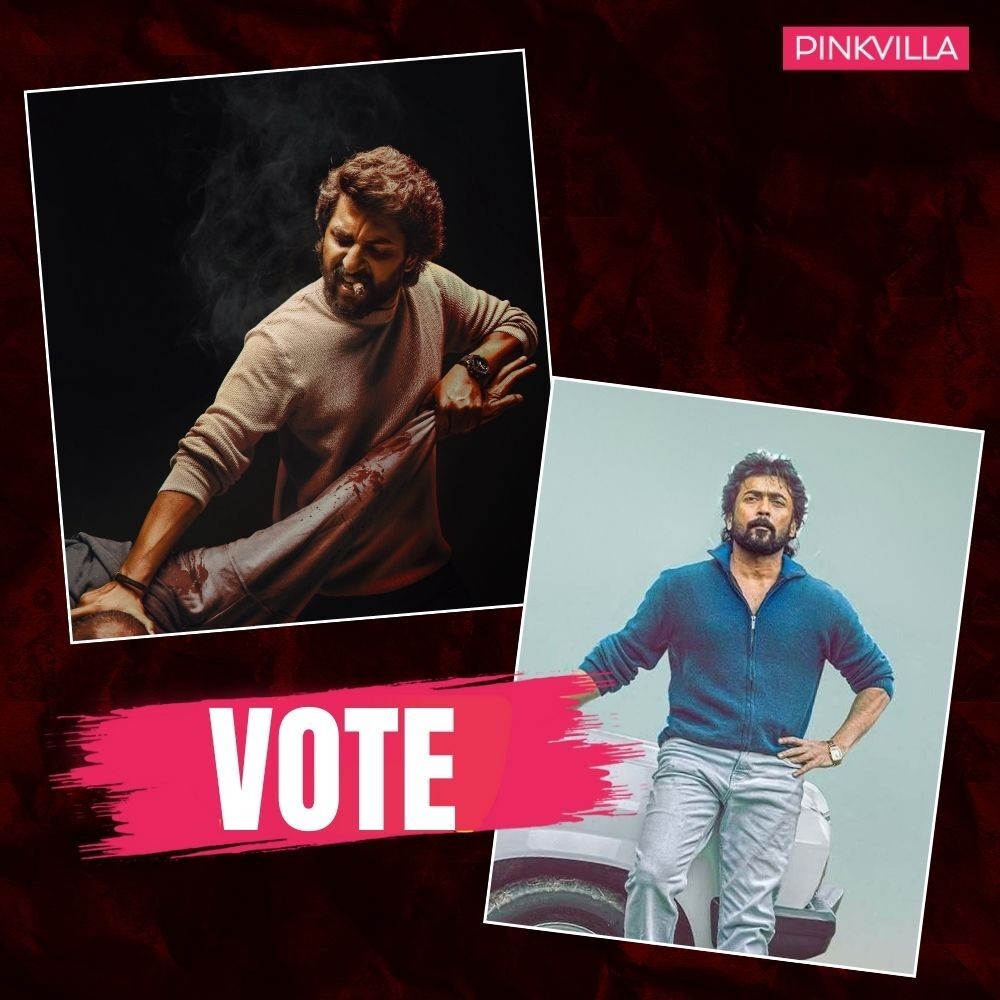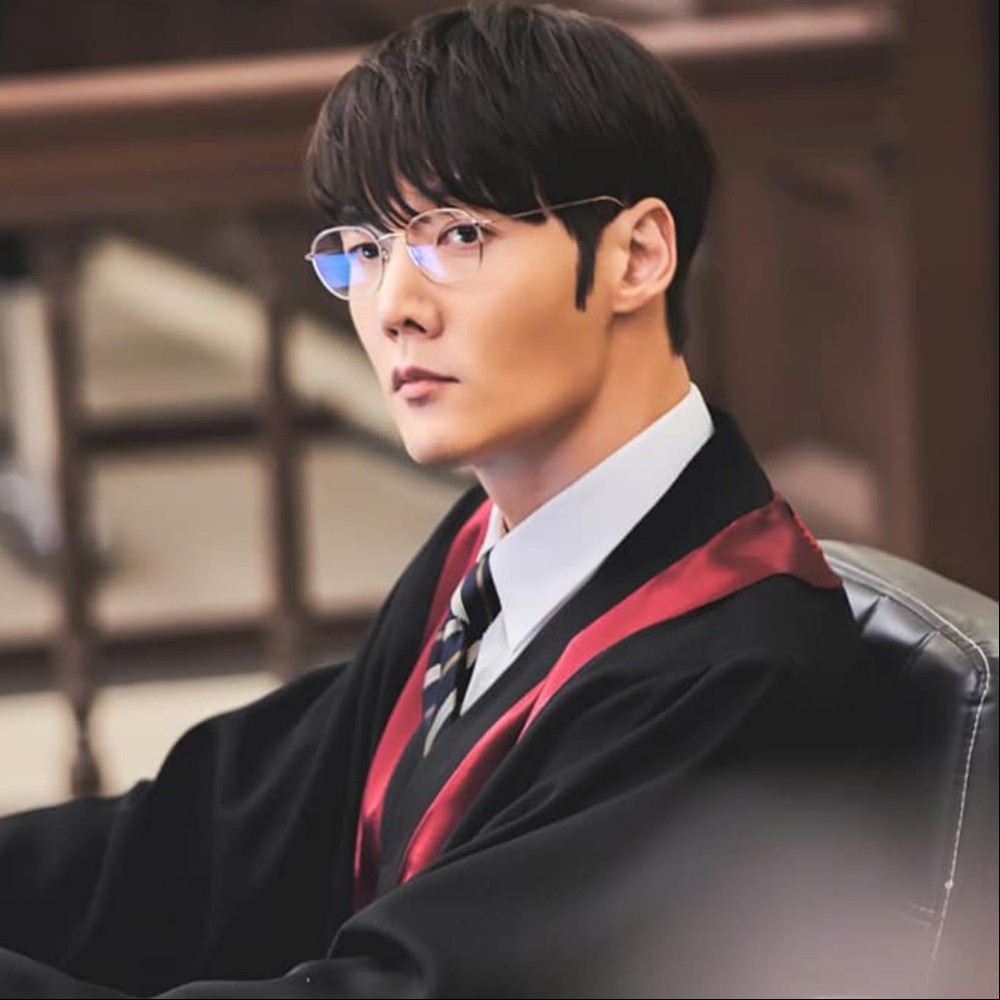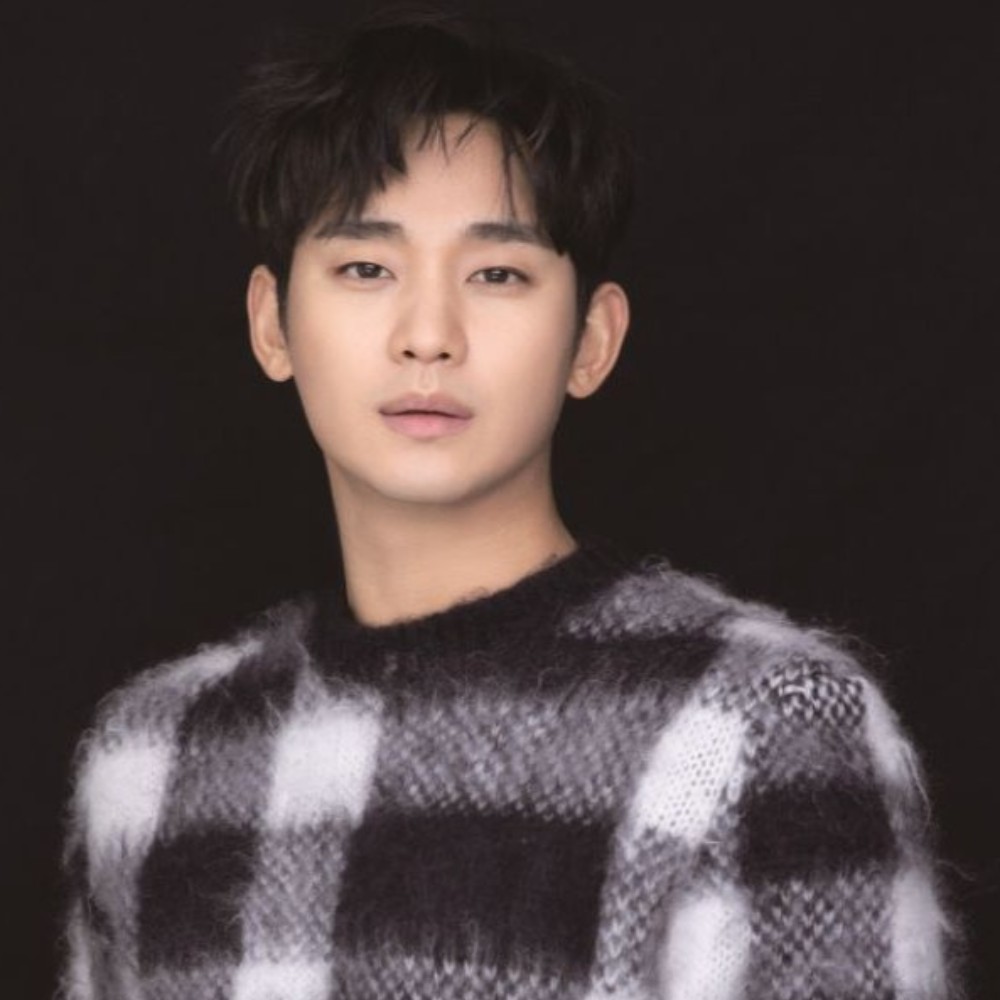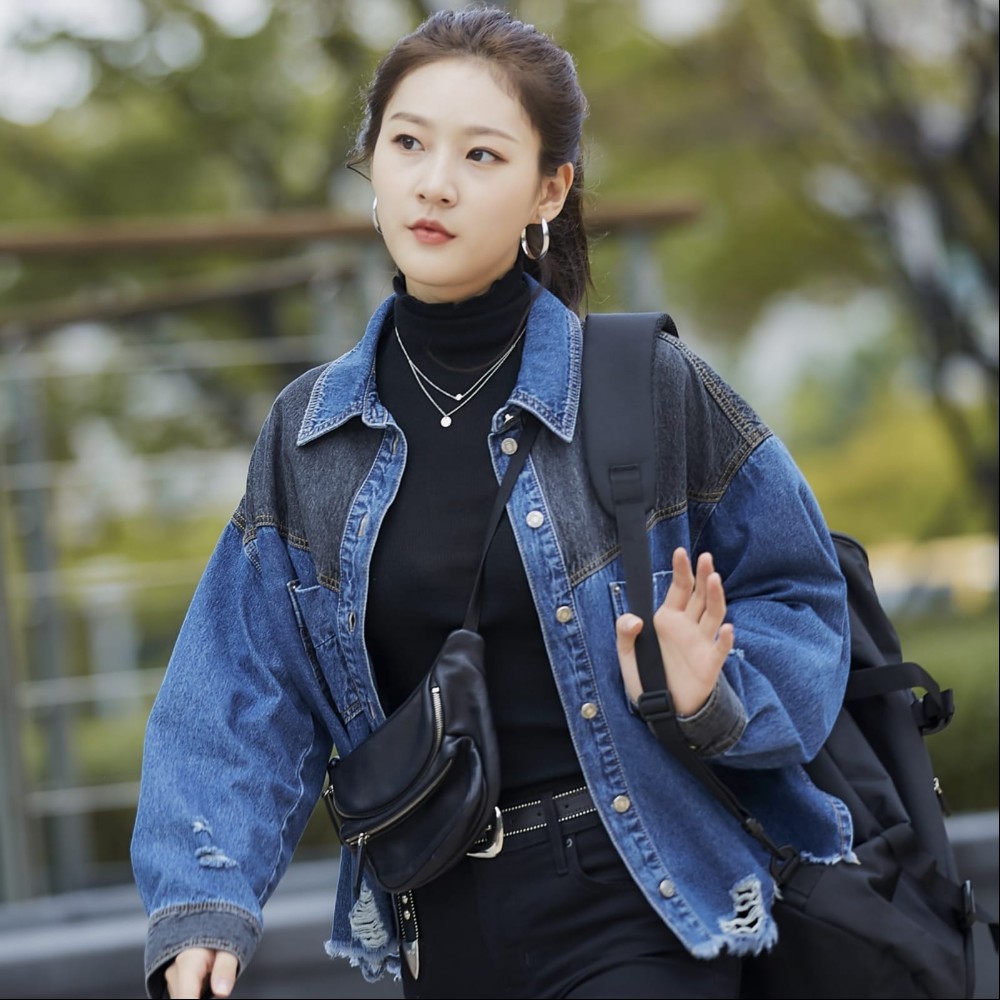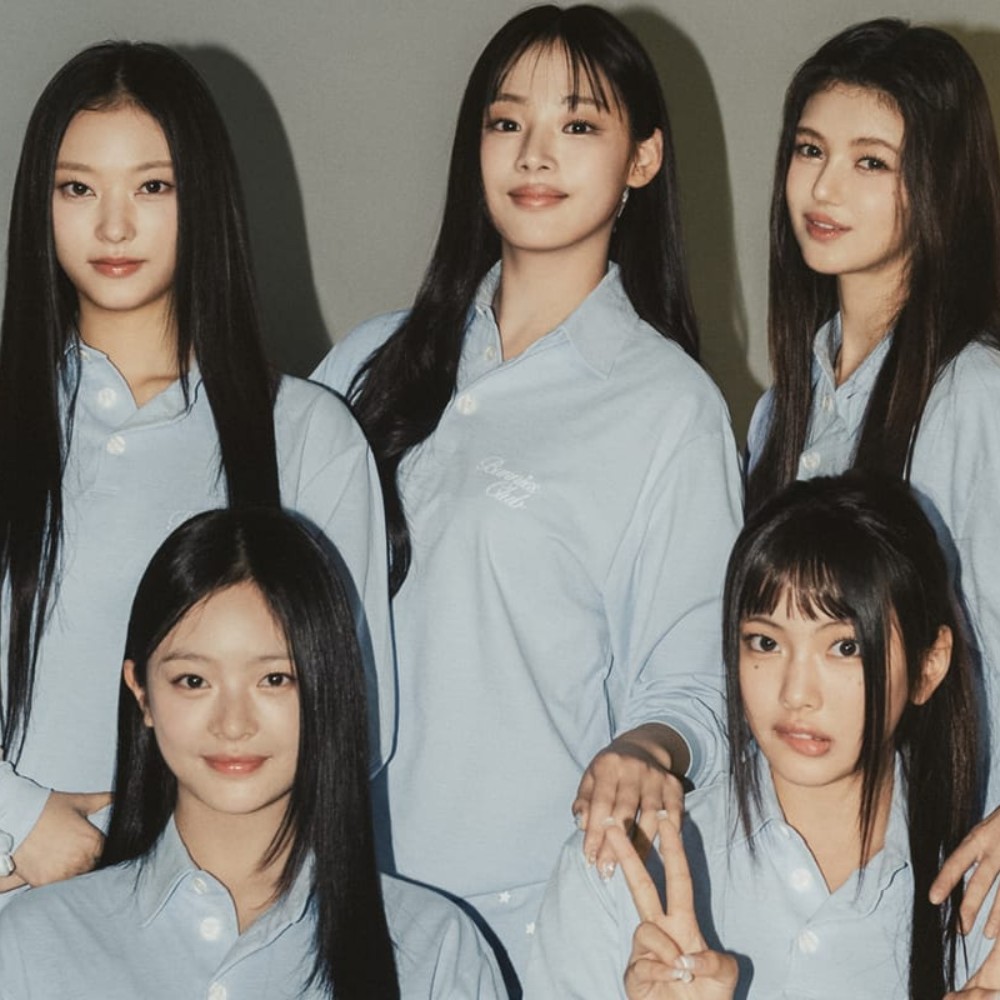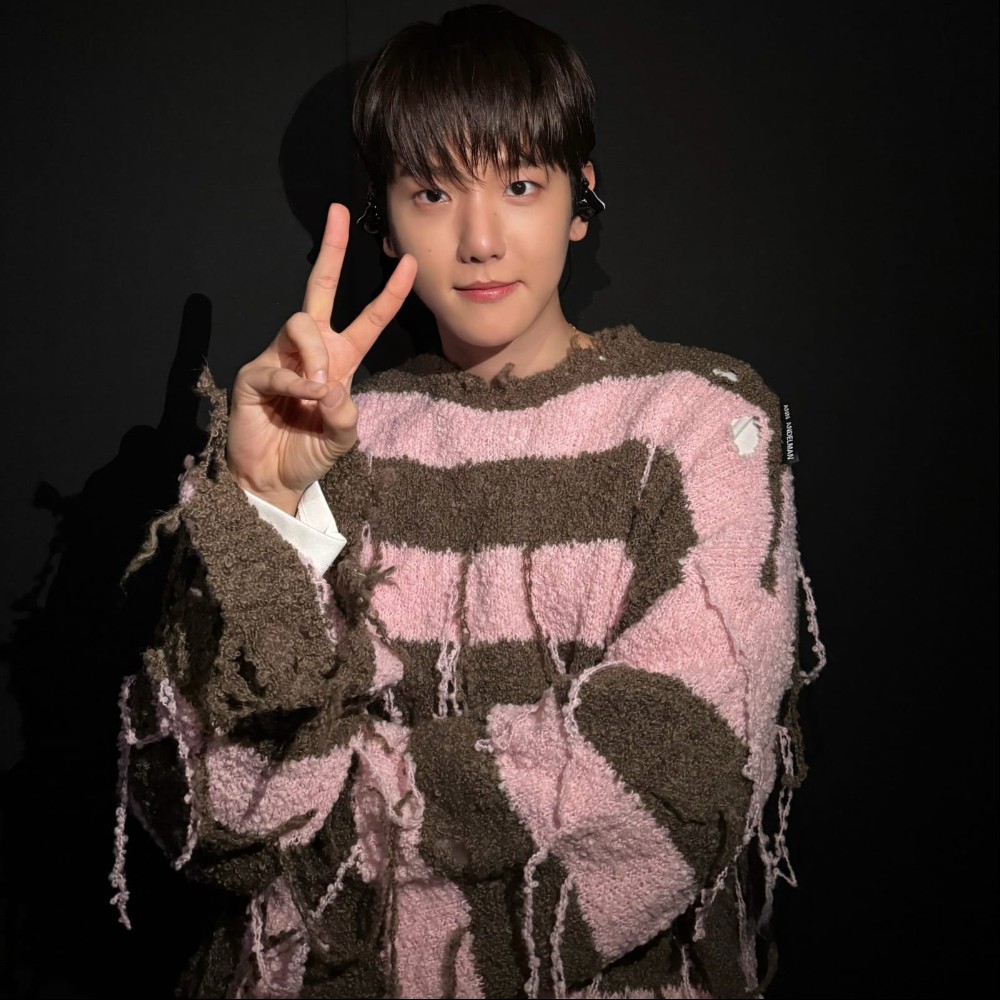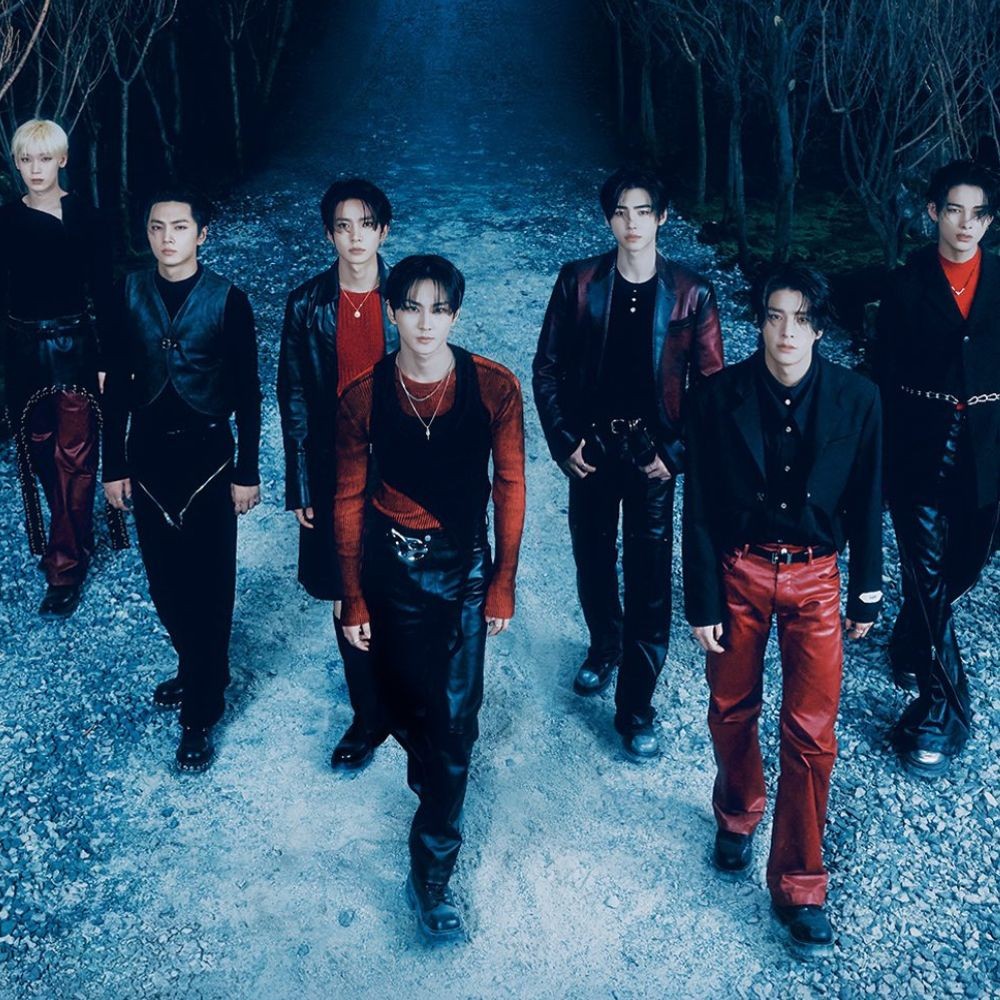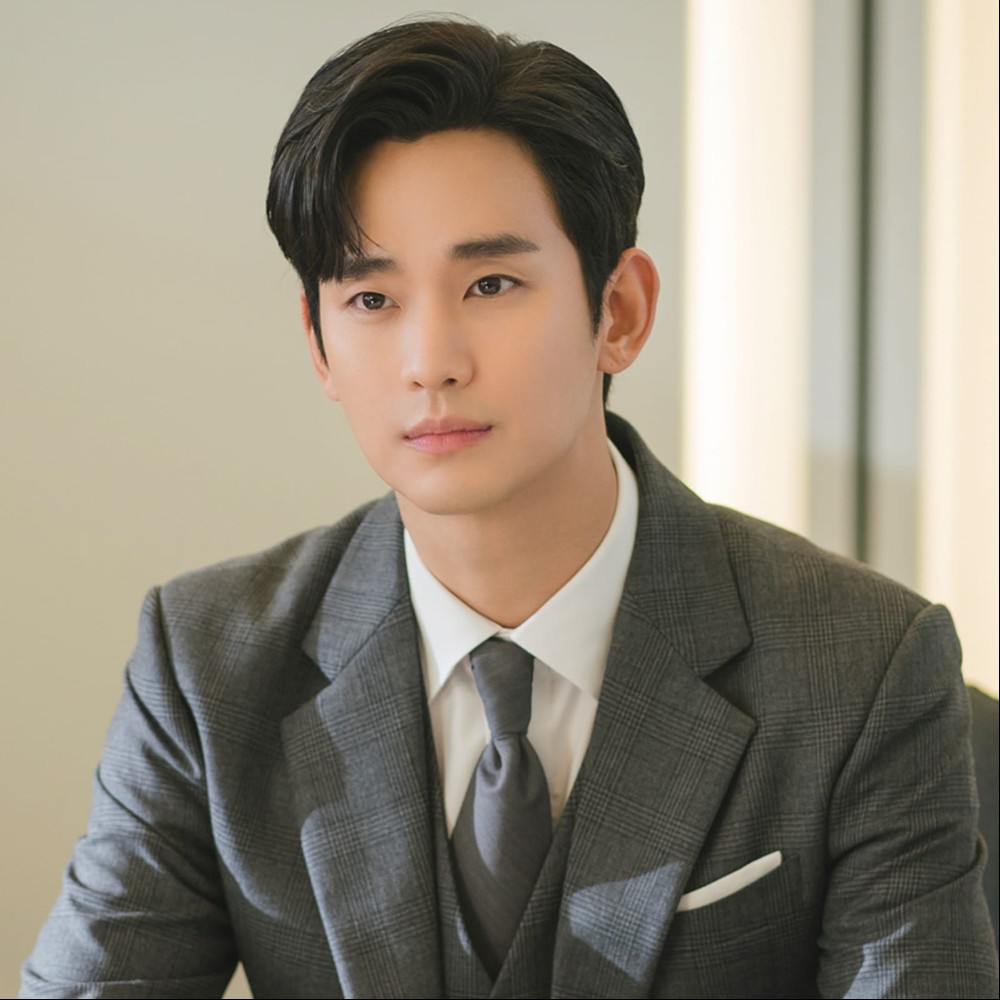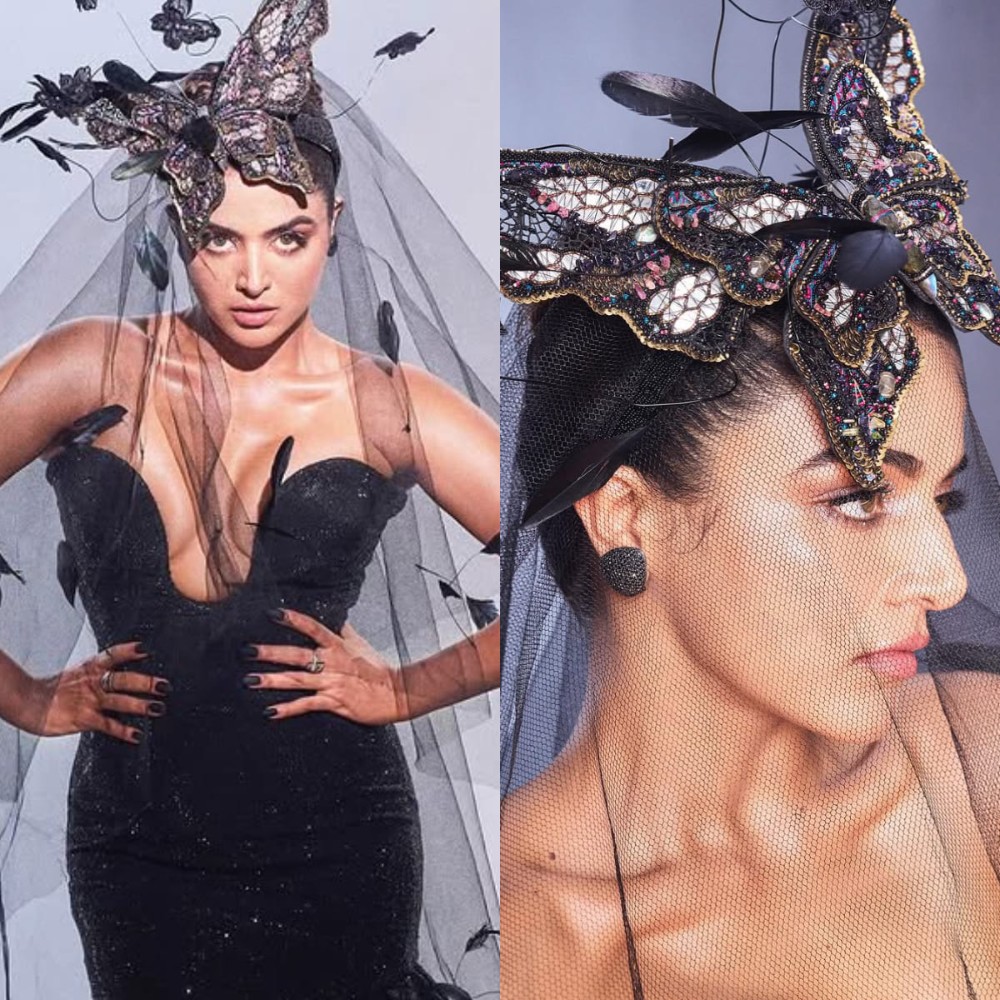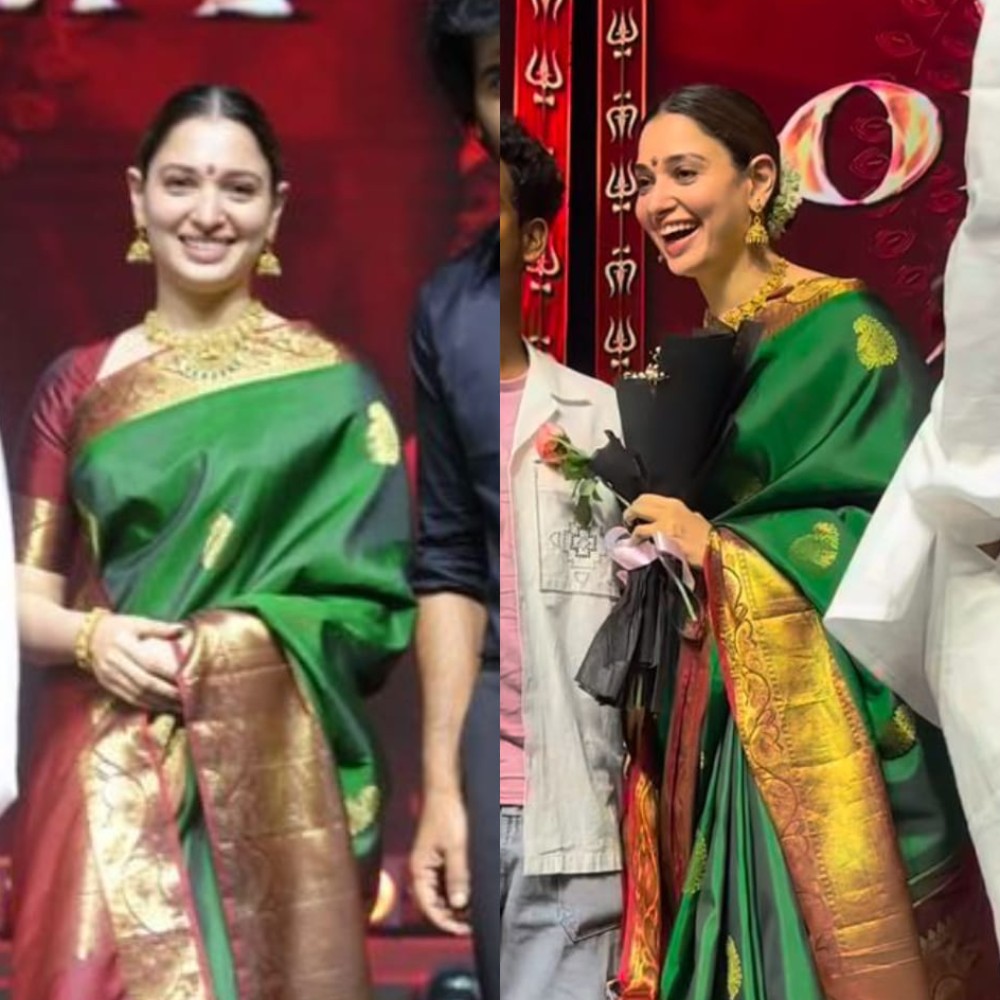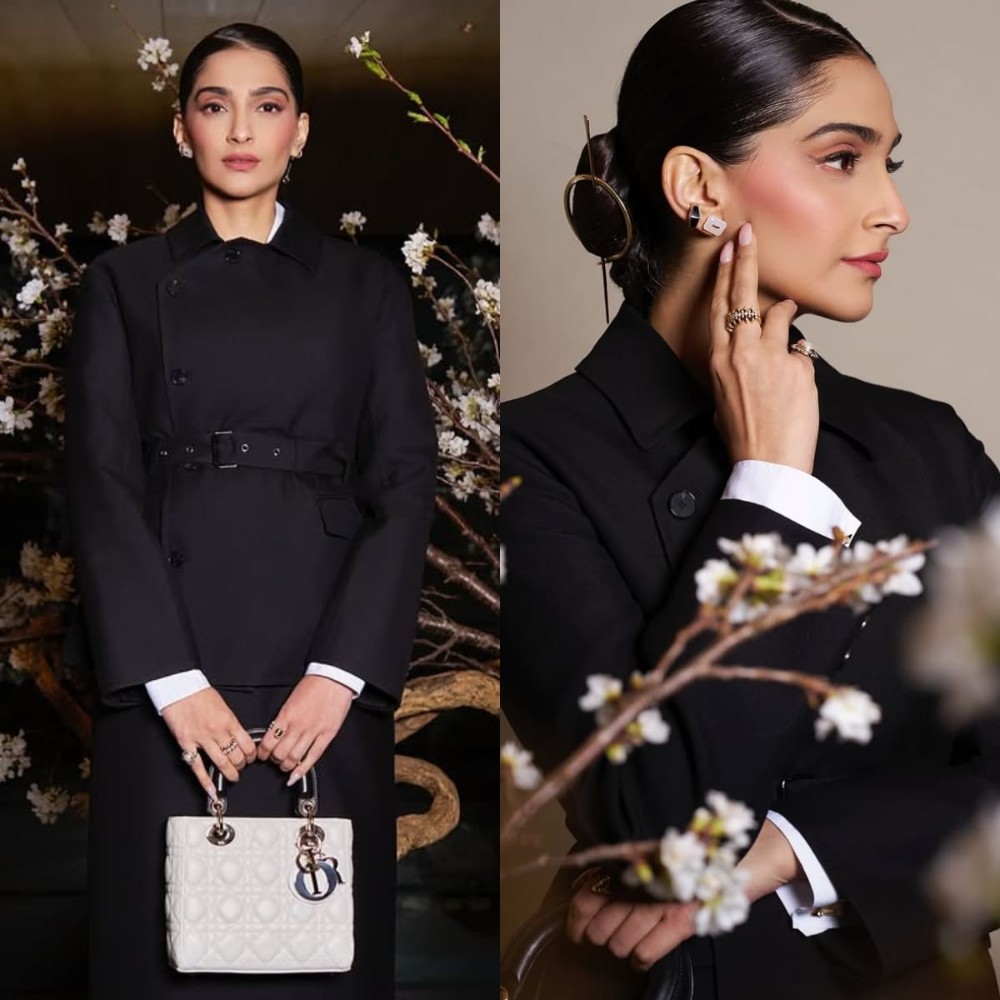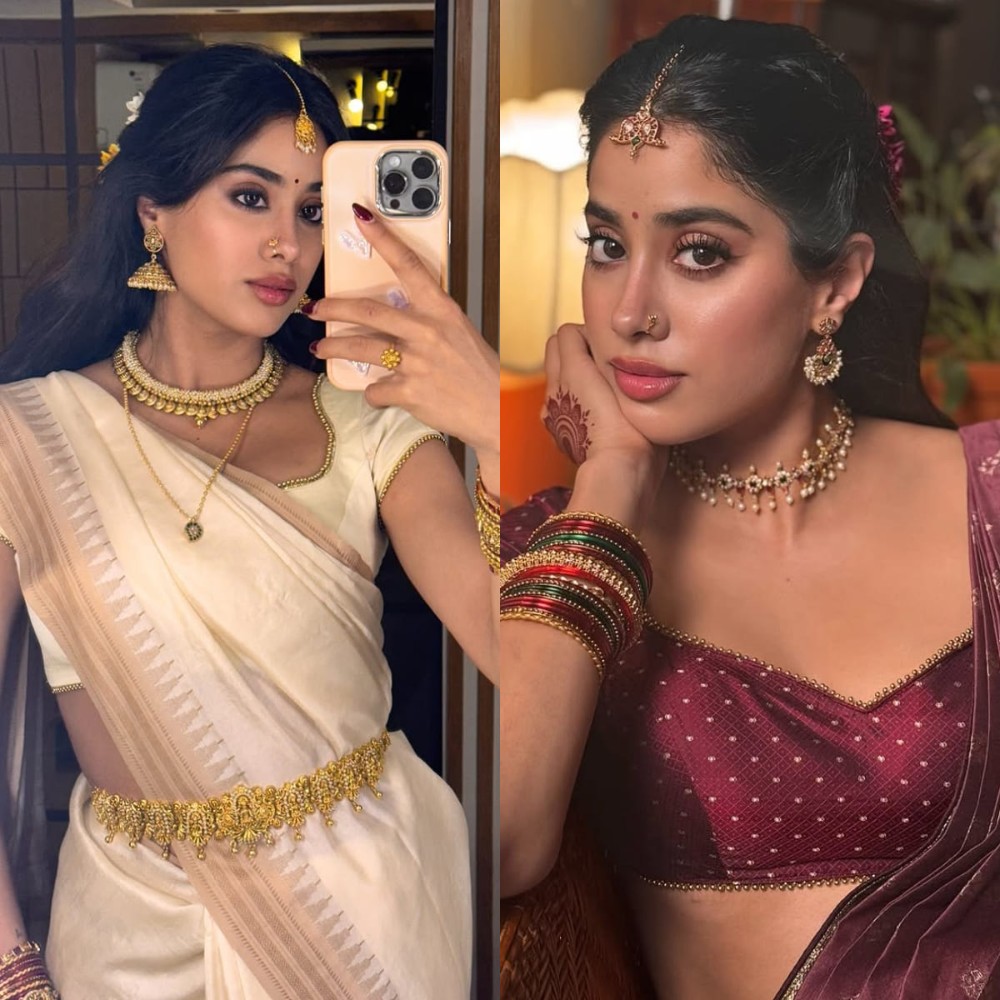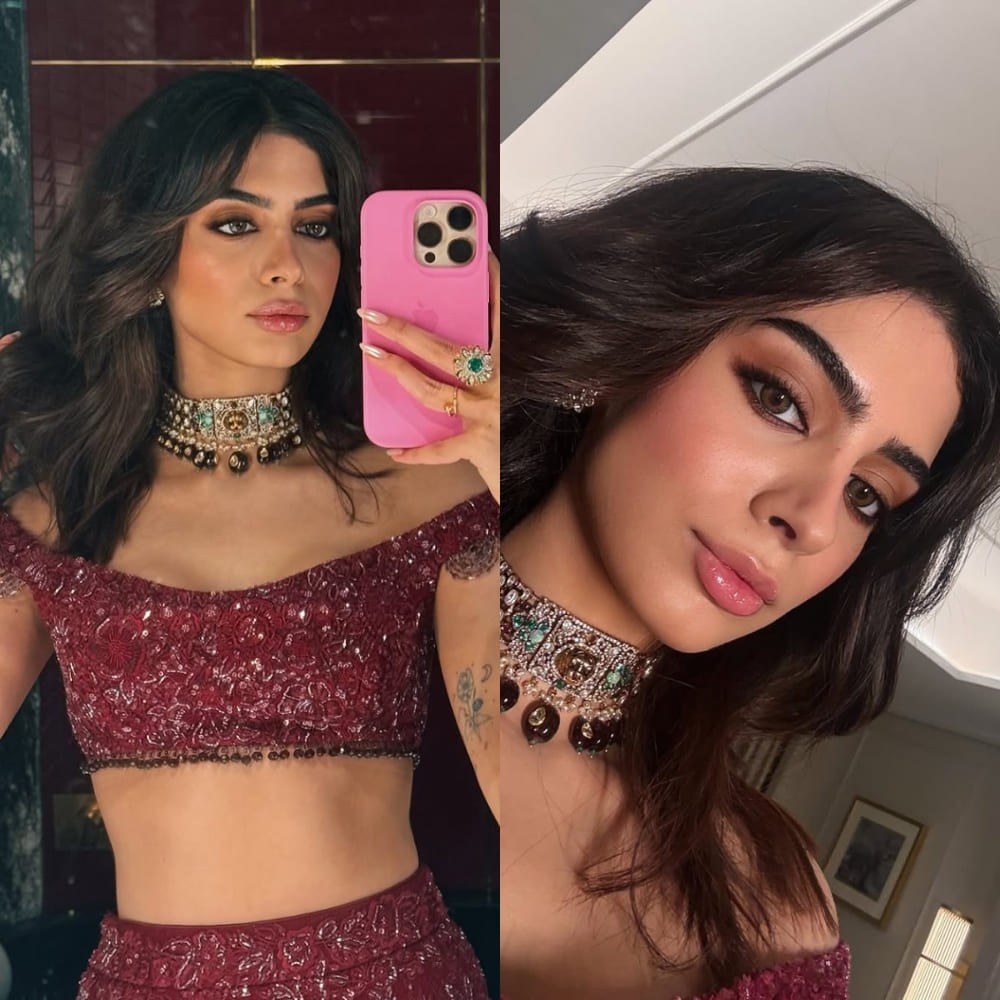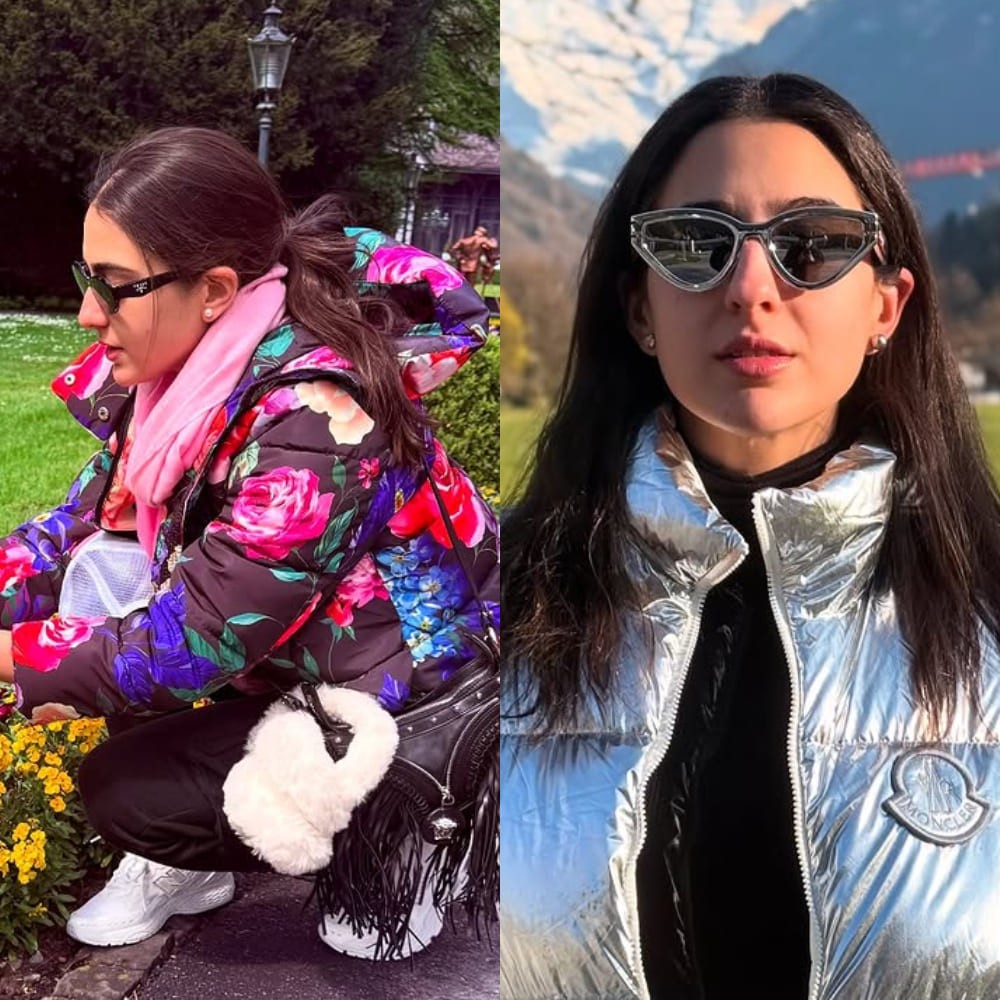OPINION: The power of social media influencers; can they replace traditional celebrities in the entertainment industry?
Let’s explore the power of social media influencers, examining whether they are the new stars of our digital age or if traditional celebrities still hold an influence that no one else can match.
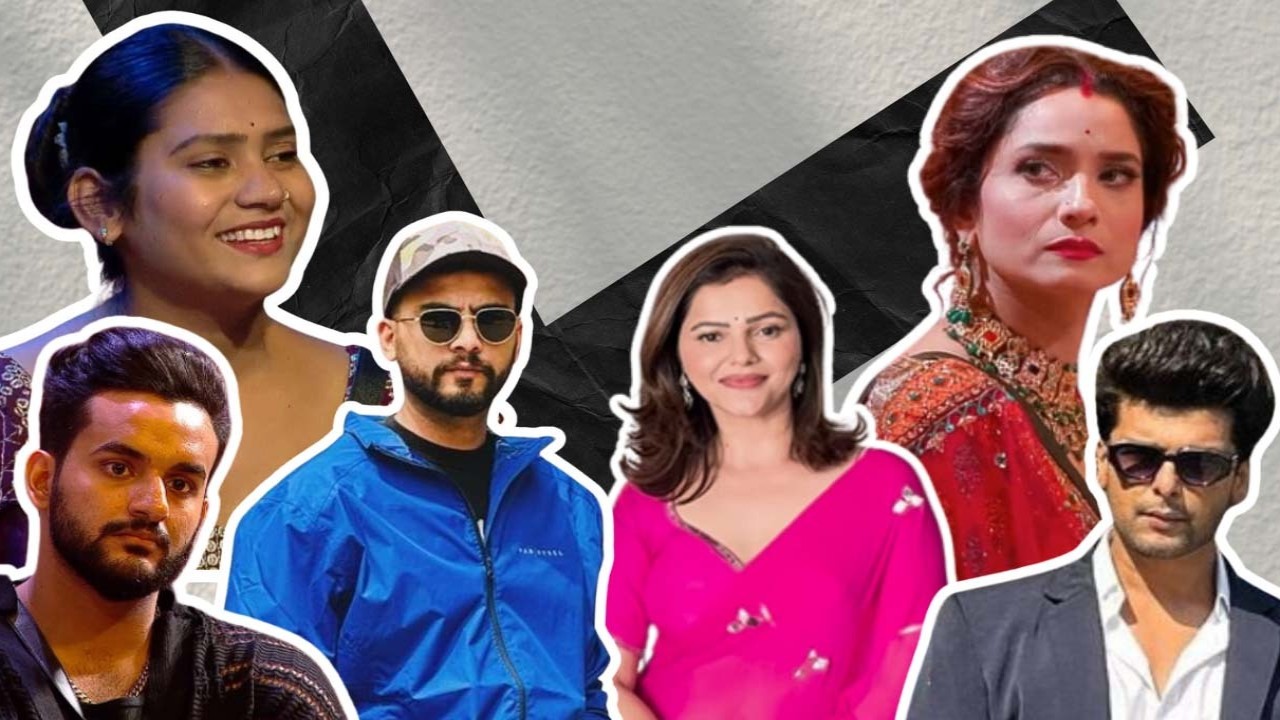
In the last few years, social media influencers have gained immense popularity. From beauty and fashion gurus to travel bloggers and fitness coaches, influencers have captured audiences by sharing real-life moments, experiences, and advice that resonate with netizens. They have also started pervading in mediums that were dominated by celebrities—the television screen.
Reality shows, OTT series, and even films are giving these social media influencers a platform to shine. With them becoming a more popular choice on reality shows, a compelling question arises: are they on track to replace traditional celebrities? Let’s explore the growing power of social media influencers, examining whether they are indeed the new stars of our digital age or if traditional celebrities still hold a unique influence that no one else can match.
Influencers vs. celebrities: what’s the difference?
Influencers and celebrities may both have immense fan support, but they connect with them in different ways. Traditional celebrities—actors and musicians—build their fame through achievements in their respective fields. Their appeal often rests on talent and a carefully crafted image maintained by PR teams and appearances in major media outlets. Fans admire celebrities from a distance, inspired by their lives and achievements but rarely getting glimpses into their day-to-day realities.
Influencers, on the other hand, are known for their authenticity and accessibility. They build audiences on social media by sharing relatable, everyday moments, creating a bond that feels more personal than distant. Instead of movie premieres or magazine covers, they grow their platforms through vlogs, live streams, and posts that showcase everything from their morning routines to personal struggles. Their success depends on engagement—how well they interact with their followers.
While celebrities might represent a glamorous ideal, influencers often seem like everyday people, making their success appear more attainable. This relatability fosters a different kind of loyalty, with followers who don’t just admire them but feel connected and invested in their journey. In essence, while both celebrities and influencers have an impact, the former brings an air of aspiration and star power, whereas influencers offer a slice of real life that feels close to home.
Influencers entering entertainment industry
In recent years, social media influencers have made waves by stepping into the world of reality TV, bridging the gap between digital fame and mainstream stardom. Shows like Bigg Boss and Splitsvilla have welcomed influencers like Elvish Yadav, Abhishek Malhan, and Manisha Rani, who bring with them massive online followings.
These influencers arrive with a fan base that’s actively engaged, ready to vote, support, and rally behind them. Elvish Yadav, for instance, entered Bigg Boss OTT 2 and made history as the first wildcard contestant to win, showcasing how social media influence can translate into real-world impact.
Abhishek Malhan, best known as Fukra Insan and Manisha Rani also captured audience attention on the reality show. The latter even went on to participate in the dance-based reality show, Jhalak Dikhhla Jaa 11 and ended up lifting the trophy. She beat popular television actors like Shoaib Ibrahim and Vivek Dahiya to lift the trophy.
As reality shows continue to invite these influencers, traditional celebrities may face a shift in the power dynamics of fame, with digital creators capturing the attention and hearts of mainstream viewers.
Why do viewers find influencers more relatable?
Social media influencers are powerful trendsetters, shaping everything from fashion and beauty to lifestyle and wellness. Unlike traditional celebrities, who often influence through high-profile endorsements or roles, influencers drive trends through their day-to-day posts and interactions with followers.
When an influencer shares a product or a new idea, their audience tends to notice and often adopts it themselves, creating a ripple effect. Influencers also spark important conversations, shedding light on topics like mental health, self-care, or social issues in a way that feels genuine and relatable. By engaging directly with their followers, influencers encourage more people to join in, making their voices heard and pushing trends forward.
Challenges influencers face
Influencers may enjoy widespread fame and loyal followings, but they face a unique set of challenges that traditional celebrities often avoid. One major hurdle is platform dependence. Since most influencers rely on social media platforms like Instagram, YouTube, or Facebook for their reach, they’re vulnerable to sudden algorithm changes, platform policies, or even potential bans.
Authenticity concerns are another ongoing challenge. Influencers build their brands on relatability and trust, but as they grow and start promoting brands, audiences may question whether they’re endorsing products out of genuine belief or simply for a paycheck. This balancing act between staying relatable and monetizing content can strain their authenticity, a key reason people follow them in the first place.
Lastly, the pressure to produce constant, engaging content is immense, leading many influencers to experience burnout. These challenges make the influencer world fast-paced and demanding, where success is both appealing and fragile.
Concluding thoughts: celebrities are here to stay
The future of fame is undoubtedly shifting, with social media influencers redefining what it means to be 'famous.' As influencers continue to amass millions of followers and shape pop culture trends, they’re becoming serious contenders for brands, media attention, and fan loyalty. With their ability to connect personally and instantly with audiences, influencers bring a fresh, relatable quality that traditional celebrities often lack. They are tapping into a younger, digital-savvy generation that craves authentic, everyday connection.
However, traditional celebrities still hold the upper hand in the fame game. Established through film, television, or sports, they occupy a cultural space that’s built on years—sometimes decades—of achievements, giving them lasting influence and a type of respect that can be hard for influencers to achieve. While influencers may redefine what fame looks like in the digital age, traditional celebrities will likely continue to set the standard. They’ve created a space that’s distinct, and while influencers are breaking boundaries, celebrities remain icons whose impact cannot be easily replaced.





 JOIN OUR WHATSAPP CHANNEL
JOIN OUR WHATSAPP CHANNEL